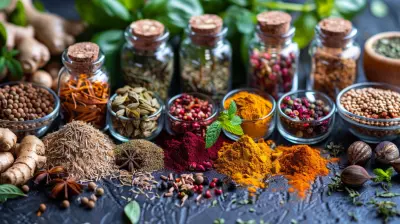Hydration for Expecting Mothers: What’s Safe and How Much?
8 October 2025
Pregnancy is one of the most beautiful journeys a woman can experience—but let’s be honest, it also comes with its fair share of challenges. Between morning sickness, weird cravings, and suddenly having to pee every five minutes, staying healthy can feel like a full-time job. One key part of that job? Staying hydrated.
Seems simple, right? Just drink water. But when you’re growing a human inside you, there’s more to hydration than just chugging a few glasses a day. Let’s dive into the nitty-gritty of hydration for expecting mothers—what’s safe, what’s not, and how much you should really be drinking.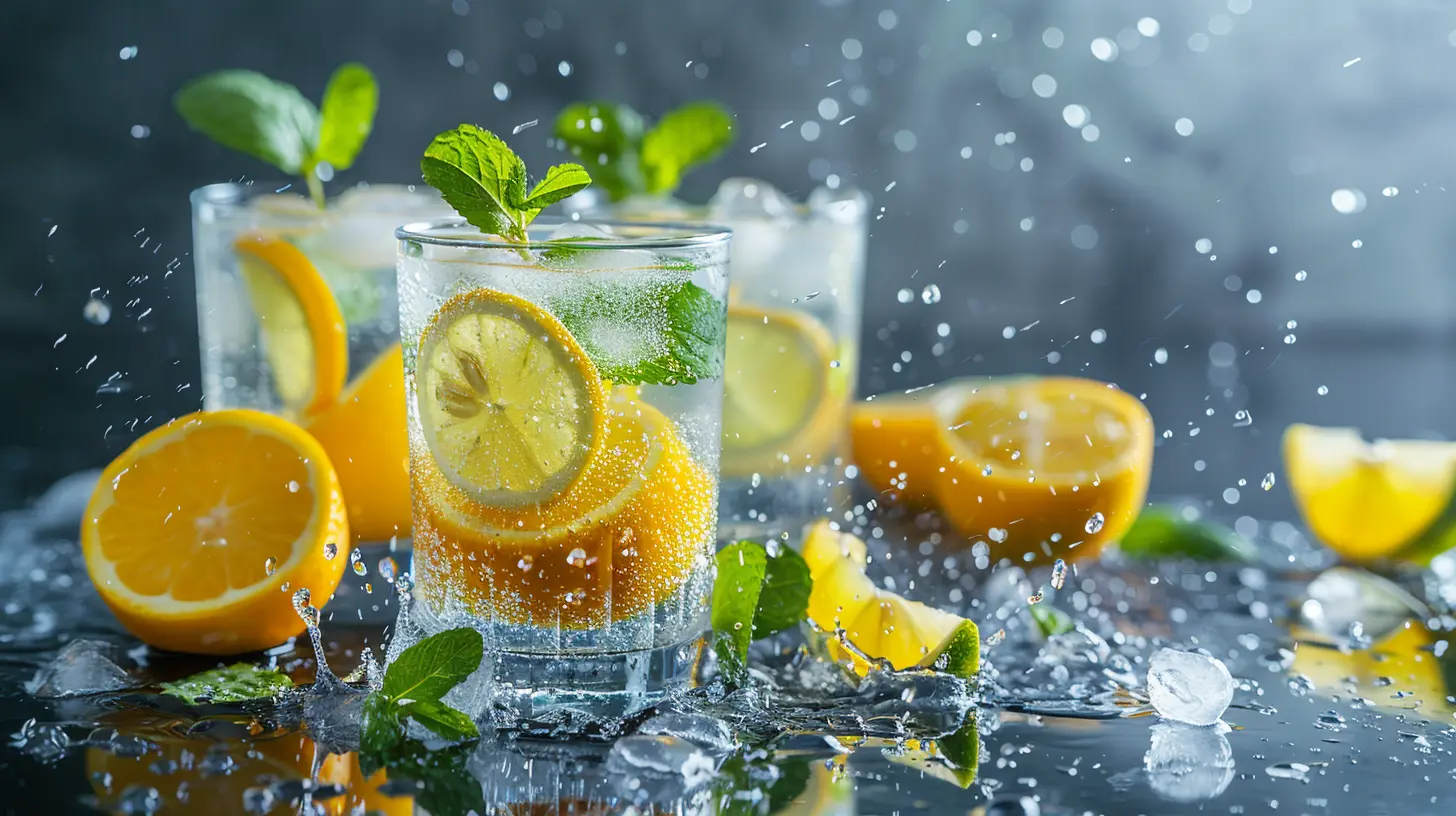
Why Hydration Matters So Much During Pregnancy
Imagine trying to run a marathon while also carrying a backpack full of water balloons. That’s kind of what your body’s doing throughout your pregnancy. It’s working overtime to support both you and your baby. And water? Well, it’s the fuel that keeps everything moving smoothly.Here’s why hydration is such a big deal when you're expecting:
- Helps Form the Amniotic Fluid: Your baby is literally floating in a cushion of water. Staying hydrated keeps that fluid at safe levels.
- Boosts Nutrient Delivery: Water helps your body absorb and distribute all those prenatal vitamins and nutrients much more efficiently.
- Prevents Common Pregnancy Problems: Think constipation, swelling, UTIs, and even preterm labor—hydration can help reduce these risks.
- Regulates Body Temperature: Your baby is heat-sensitive, and water helps your body stay at a safe temperature.
So yeah, drinking water isn’t just about quenching your thirst—it’s about giving your baby the best chance at a healthy start.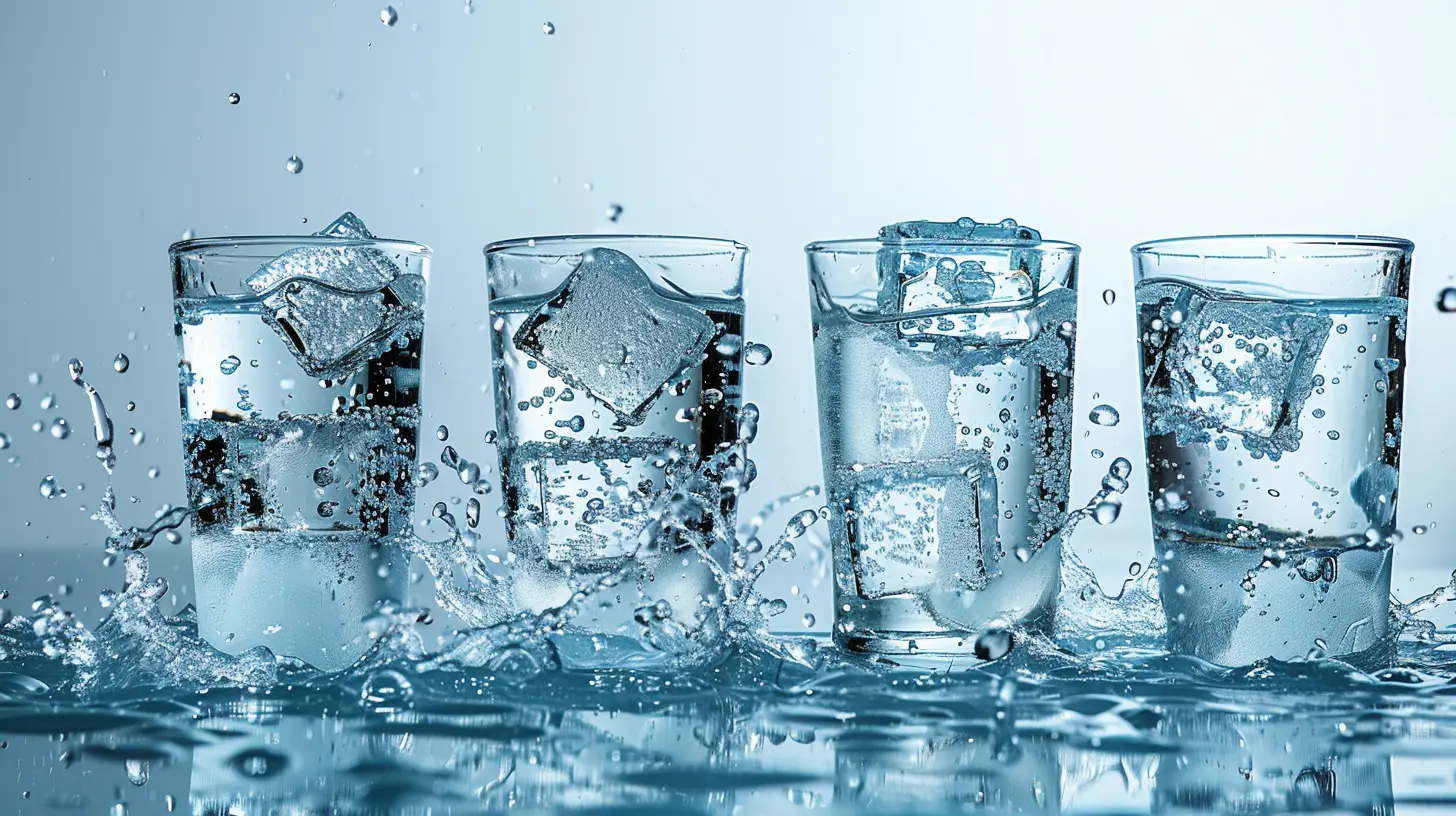
How Much Water Is Enough?
Alright, let’s talk numbers. The general recommendation for expecting moms is around 8-12 cups (64 to 96 ounces) of water per day. But hang on a second, that’s just a guideline.Some days you’ll need more—like if it’s hot outside, if you’re exercising, or if you're losing fluids from morning sickness. Listen to your body. If you're thirsty, drink. If your urine is dark yellow, that’s a sign to up your intake. Ideally, it should be pale yellow.
Pro Tip:
Break up your water intake throughout the day rather than gulping it all in one go. A steady stream of hydration is better than a water binge.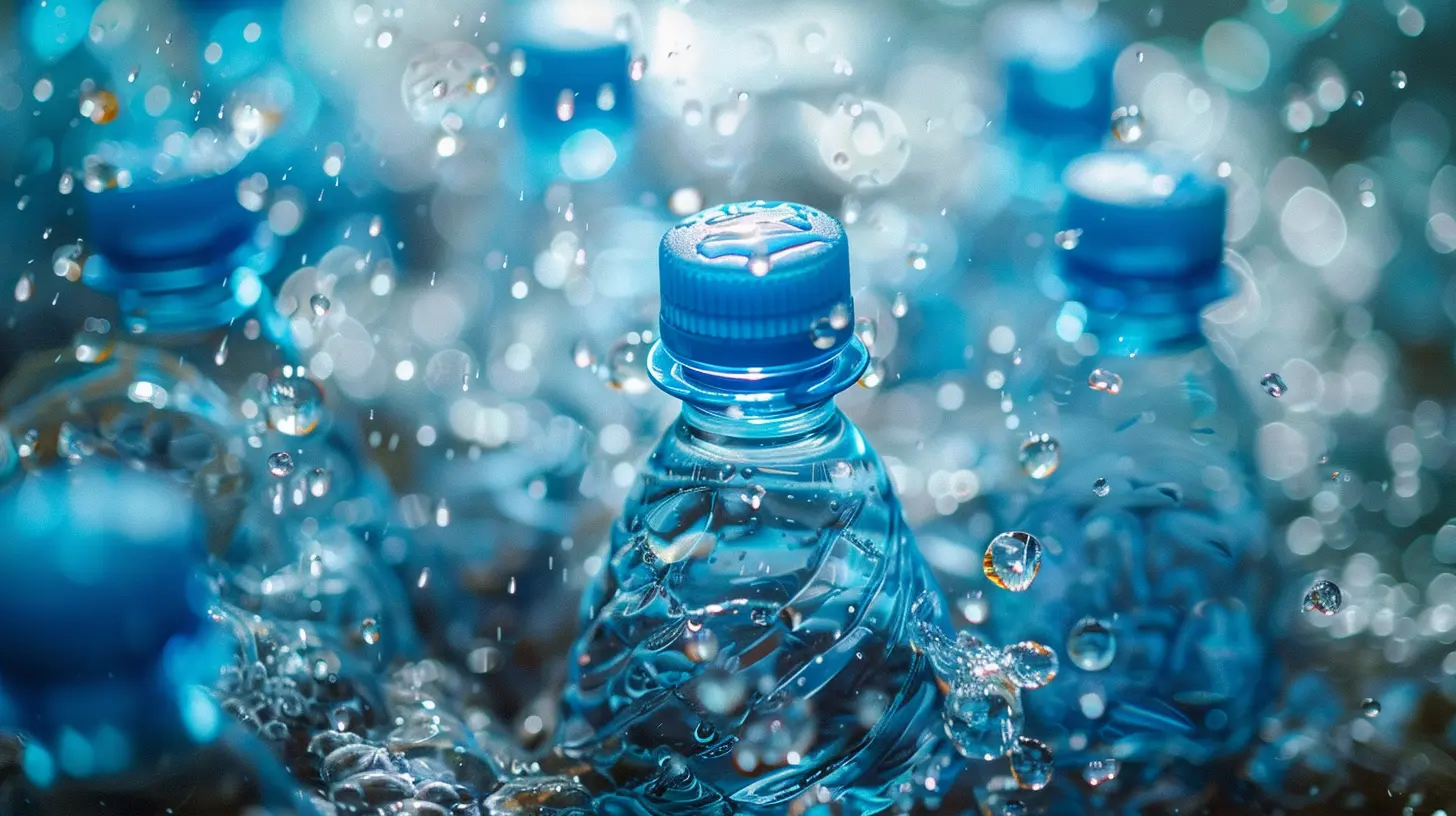
Signs You Might Be Dehydrated During Pregnancy
Dehydration can sneak up on you, especially when you're busy or dealing with nausea. Watch out for these signs:- Dry mouth or sticky saliva
- Fatigue or dizziness
- Headaches
- Constipation
- Dry skin
- Dark yellow urine
- Overheating
Hormonal changes can mess with your thirst cues, so don’t wait until you feel parched to grab a glass.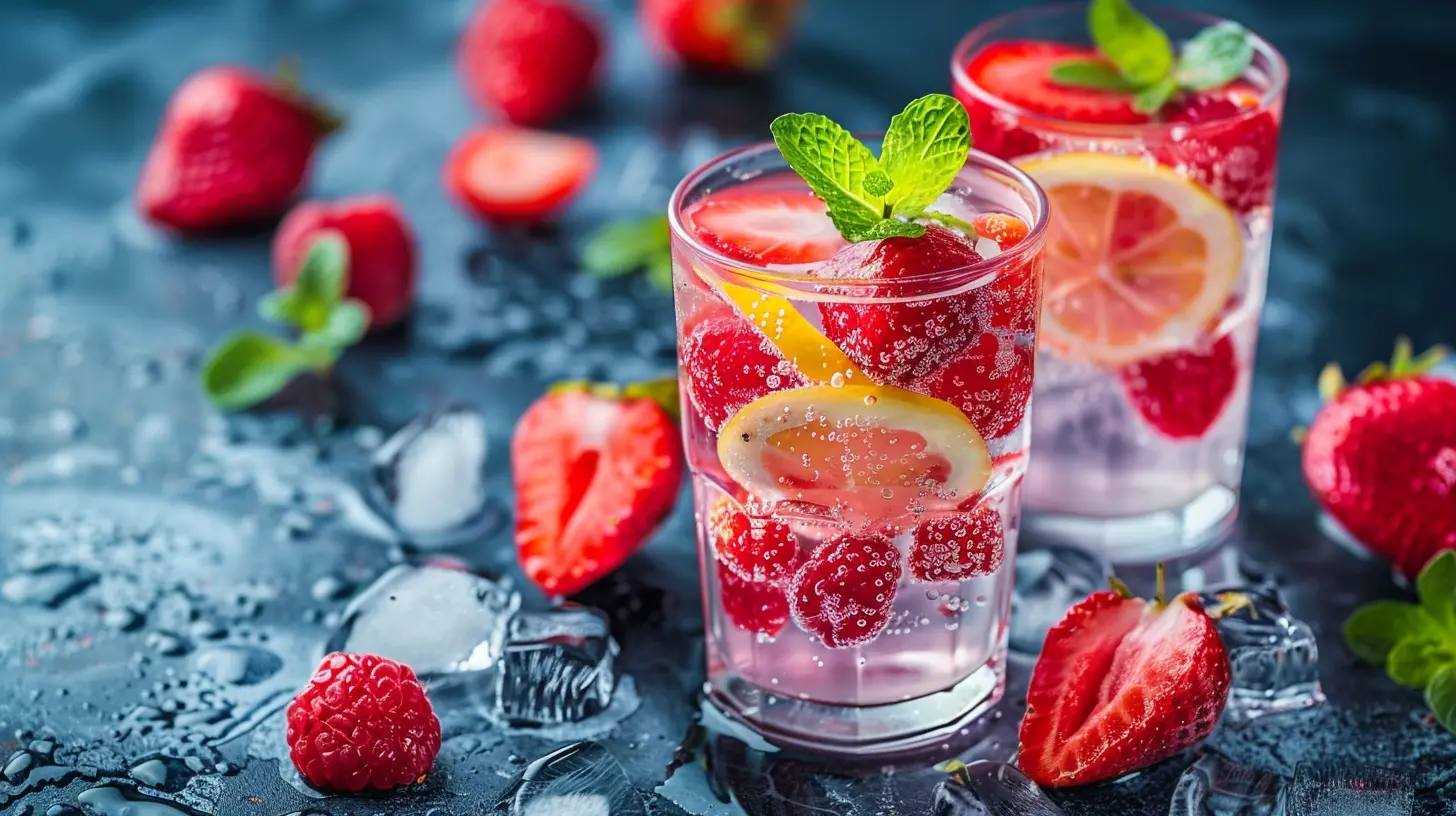
The Best Drinks for Expecting Mothers
Let’s face it—plain water can get boring fast. The good news? There are other ways to stay hydrated, and some of them are pretty tasty.1. Water (Still the Queen)
Always your best bet. Add lemon, cucumber, mint, or berries for a splash of flavor.2. Herbal Teas
Some are totally pregnancy-safe and can even help with symptoms like nausea. Look for teas with ginger, peppermint, or rooibos. But avoid herbs like licorice or dong quai unless cleared by your doctor.3. Coconut Water
Nature’s sports drink. It’s packed with electrolytes, tastes refreshing, and helps with hydration.4. Milk
Adds extra calcium and vitamin D while keeping you hydrated. Go for low-fat options if you're watching fat intake.5. Fresh Fruit Juices (In Moderation)
Orange juice or watermelon juice are great options—just skip the added sugar and keep portions small to avoid blood sugar spikes.6. Broths and Soups
Bonus: These also offer nutrients and help curb nausea, especially in the first trimester.Drinks to Be Cautious With (Or Avoid Entirely)
Not all drinks are baby-belly approved. Some could actually do more harm than good if you're not careful.1. Caffeinated Beverages
Coffee, tea, soda—it’s all in the mix. Too much caffeine can increase miscarriage risks and lead to low birth weight. Try to stay under 200mg of caffeine per day—that’s roughly one 12 oz cup of coffee.2. Sugary Drinks
Your body’s already dealing with enough blood sugar fluctuations. Sodas, sweetened teas, and energy drinks? Not your best friends right now.3. Diet Drinks and Artificial Sweeteners
The jury’s still out on some artificial sweeteners like saccharin. A better choice? Stevia (in moderation) or just skip sweeteners altogether.4. Alcohol
It’s an obvious one, but worth repeating—there’s no safe level of alcohol during pregnancy.Hydration and Trimester-Specific Needs
Your body's hydration needs don’t stay the same throughout pregnancy. Let’s break it down by trimester.First Trimester
- You’re probably battling nausea and vomiting.- Dehydration is a real risk.
- Sip small amounts steadily—even ice chips or popsicles can help.
- Ginger tea or lemon water might be lifesavers.
Second Trimester
- Your blood volume increases significantly.- Your baby’s growing fast.
- Focus on consistent hydration throughout the day.
- Add more fluids if you’re exercising or spending time outdoors.
Third Trimester
- You may be retaining water (hello, swollen ankles).- Ironically, drinking more water can help reduce swelling.
- Keep your water bottle with you all day—labor prep begins now, and you'll need to stay hydrated.
Tips to Stay Hydrated Without Feeling Like You’re Drowning in Water
If the thought of downing nearly 100 ounces of water every day makes your head spin, don’t worry. These easy tips make staying hydrated feel way less like a chore:- Invest in a Big (Pretty) Water Bottle: You’ll be more likely to sip if it’s always nearby.
- Infuse Your Water: Add slices of citrus, cucumber, berries, or mint to keep flavors fresh.
- Set Alarms or Use a Hydration App: Gentle nudges throughout the day can make a big difference.
- Eat Water-Rich Foods: Watermelon, cucumbers, oranges, celery—nature’s juicy hydration heroes.
- Drink Before You Eat: It’s a good routine and can even help with digestion.
- Use a Straw: You’ll be surprised how much more you drink when it’s that easy.
What About Hydration During Labor?
You’ve made it to the final lap—labor. So, what’s the hydration situation here?- Staying hydrated during labor can increase your energy, reduce fatigue, and even help with contractions.
- Some hospitals allow you to drink water or suck on ice chips during early labor.
- Coconut water or electrolyte drinks (without added sugar) might be helpful too.
- In some cases, especially if you’re getting an epidural or are high-risk, fluids might be provided through an IV.
Talk with your provider ahead of time about hydration options during labor so you can plan accordingly.
When to Talk to Your Doctor About Hydration
Let’s not play doctor here. If you’re unsure about how much to drink, or if you’re having issues like swelling, headaches, dizziness, or dry skin that won’t go away, it’s time to check in with your OB or midwife.Also, if you’re vomiting frequently or can’t keep fluids down, that could be a condition called hyperemesis gravidarum—and that needs medical attention.
Better safe than sorry.
Final Thoughts
Being pregnant can make even the simplest things—like drinking water—feel more complicated. But ensuring you stay hydrated isn’t just about checking a box. It's about making each sip count for both you and your baby.Think of it this way: your body is a garden, and your baby is growing like a flower in it. Water is the sunshine, the soil, the nutrients—all in one. Keep watering that garden so it can bloom beautifully.
So mama, grab that water bottle, toss in some lemon slices, and take a sip. You’re doing great.
all images in this post were generated using AI tools
Category:
HydrationAuthor:

Jackson Mahoney
Discussion
rate this article
1 comments
Jenna Murphy
Hydration is crucial for expecting mothers, as it supports fetal development and overall health. Aim for about 8-10 cups of water daily, adjusting for activity and climate. Opt for water-rich foods, and consult your healthcare provider for personalized recommendations.
October 22, 2025 at 4:46 PM

Jackson Mahoney
Thank you for emphasizing the importance of hydration for expecting mothers! Your tips on water intake and consulting healthcare providers are spot on.
